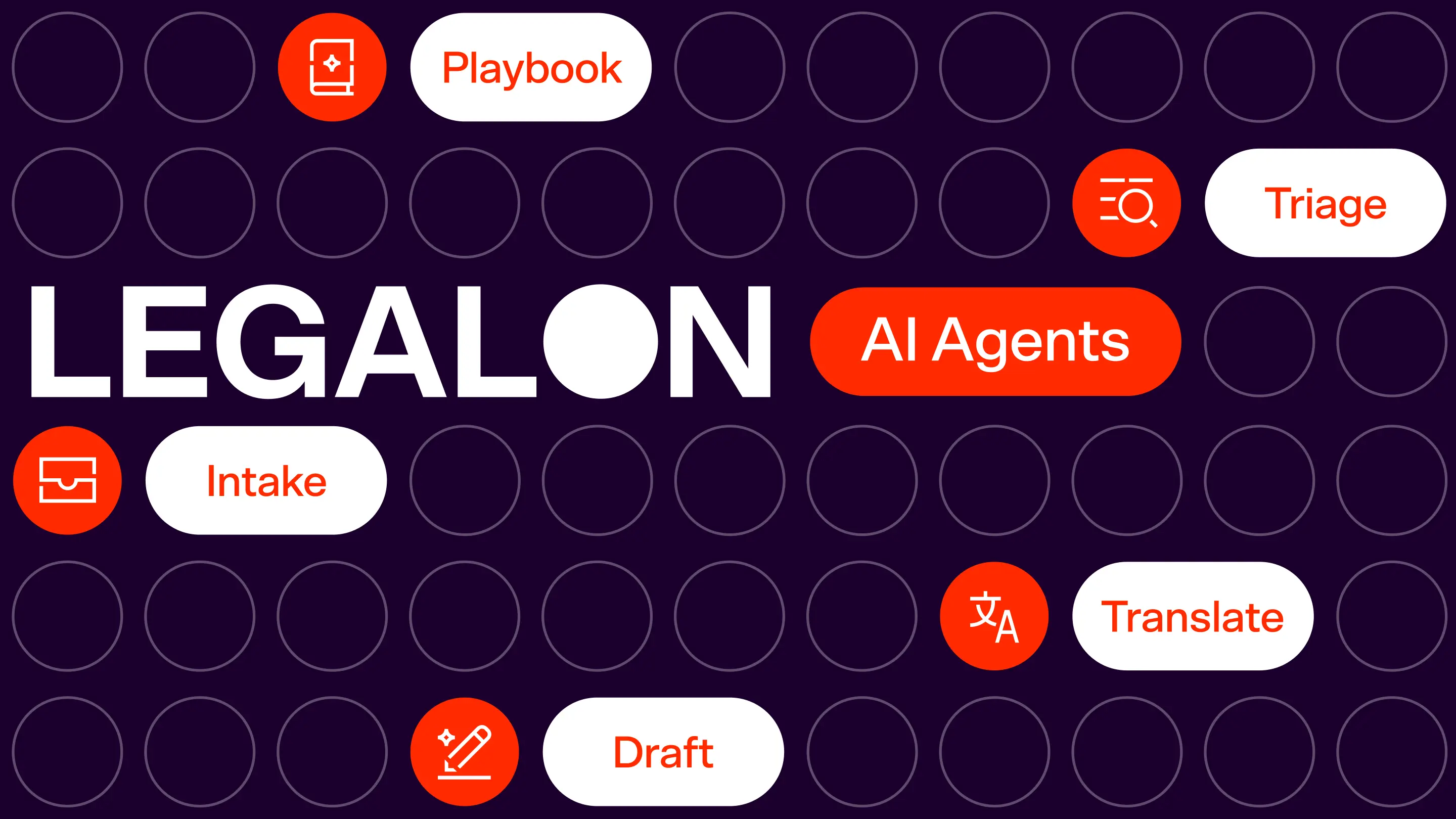Amendment Clause: Review and Negotiate with AI
What is an Amendment Clause?
In contracts, things sometimes need to change. An amendment clause helps with this. It explains how to make changes to an agreement after it's been signed. Let's explore what these clauses are and how to use them effectively.
An amendment clause usually says that any changes must be written down and signed by all parties involved. This helps keep things clear and prevents misunderstandings. The primary purpose of an amendment clause is to provide a clear, legally enforceable method for updating the contract as circumstances change, while maintaining the integrity of the original agreement.
For example, a common amendment clause might read:
This Agreement may be amended or modified only by a written document executed by the duly authorized representatives of the Parties.
The inclusion of an amendment clause promotes transparency and reduces the likelihood of disputes arising from misunderstandings or misinterpretations of the contract. It allows parties to adjust the agreement to evolving circumstances without compromising its legal integrity.
Where to Use Amendment Clauses?
You'll often find amendment clauses in many types of agreements, such as:
- Master Services Agreements (MSAs)
- Clinical Trial Agreements (CTAs)
- Master Design Build Agreements
- Lease Agreements (including Modified Gross Leases, Triple Net Leases, and Gross Leases)
- Material Transfer Agreements
- Data Processing Agreements (DPAs)
- Software as a Service (SaaS) Terms of Service
These clauses are particularly beneficial in long-term contracts or agreements that may need to adapt to changing circumstances, regulations, or business needs. For instance, in a Clinical Trial Agreement, an amendment clause can be crucial when changes to the scope of the trial become necessary, such as adding new study sites or altering the study population.
Negotiating Amendment Clauses
When negotiating amendment clauses, consider the following points to ensure flexibility and protection for all parties involved:
- Mutual Agreement: Emphasize that any amendments require mutual written agreement from all parties. This ensures that no unilateral changes can be made without consent.
- Authorization: Specify that amendments must be executed by duly authorized representatives of each party. This prevents unauthorized individuals from making binding changes to the agreement.
- Written Form: Insist on amendments being made in writing. This creates a clear record of changes and helps avoid disputes based on verbal agreements or misunderstandings.
- Compliance with Laws: Consider referencing relevant laws or regulations that may affect amendments, such as data protection laws for DPAs or state-specific contract laws for lease agreements.
- Exceptions: In some cases, such as SaaS Terms of Service, you may need to negotiate exceptions that allow the provider to make certain types of changes unilaterally. If such exceptions are necessary, clearly define their scope and any notice requirements.
- Notice Period: Consider including a notice period for proposed amendments, giving all parties time to review and negotiate changes before they take effect.
- Incorporation of Amendments: Specify how amendments will be incorporated into the original agreement (e.g., as addendums or by creating a new, consolidated version of the agreement).
- Dispute Resolution: Include provisions for resolving disputes that may arise from proposed amendments or their implementation.
When negotiating amendment clauses, it's crucial to balance flexibility with protection. While it's important to allow for necessary changes, the clause should also safeguard against unilateral modifications that could disadvantage one party.
Remember to consider industry-specific regulations and general contract law principles when drafting and negotiating amendment clauses. For example, in real estate leases, be aware of the Statute of Frauds, which requires certain contracts to be in writing. In data processing agreements, consider relevant data protection regulations like GDPR or CCPA.
Lastly, always consult with legal counsel to ensure that your amendment clause complies with applicable laws and adequately protects your interests. A well-crafted amendment clause can provide the flexibility needed to adapt to changing circumstances while maintaining the legal integrity of your agreement.
AI Contract Review for Negotiating Amendment Clauses
To give you a sense for the benefits of leveraging AI Contract Review Software trained by lawyers, we’ve selected some sample language our software presents to customers during a review of Amendment Clauses in Master Service Agreements (MSAs). Keep in mind that these are static in this overview, but dynamic in our software - meaning our AI identifies the key issues and proactively surfaces alerts based on importance level and position and provides suggested revisions that mimic the style of the contract and align with party names and defined terms.
If you’d like to see more, we invite you to book a demo.
Sample Clause for Amendment
AMENDMENT
No amendment or modification of this Agreement shall be effective unless made and agreed in writing and signed by authorized representatives of both Parties.
Guidance for Amendment Clause
It is recommended to incorporate an amendment clause that delineates the process for modifying the agreement. This promotes transparency and minimizes the likelihood of disputes stemming from misunderstandings or misinterpretations of the MSA.
In practical terms, an amendment clause enables parties to adjust the agreement to evolving circumstances without jeopardizing its legal integrity. For example, if additional services become necessary, the amendment clause offers a transparent process for negotiating and agreeing on the new terms, ensuring that both parties comprehend their updated responsibilities and commitments.
It is crucial to consider general contract law principles and any pertinent state laws when drafting and implementing amendment clauses. This may encompass requirements for written amendments, signatures from authorized representatives, and compliance with any applicable notice provisions.
Simplifying Your Amendment Clause Negotiations with AI
AI-powered tools like LegalOn can help legal teams:
- Quickly spot important issues
- Give alerts based on your situation
- Suggest improvements
- Ensure you're following relevant laws
The sample AI-powered insights we've shared demonstrate how LegalOn can enhance your contract review process, making it more efficient, thorough, and aligned with best practices.
To experience the power of AI in Amendment clause negotiations, we invite you to see it in action. Book a demo today to explore how our AI-powered contract review software can transform your approach to drafting and negotiating Amendment clauses.
Experience LegalOn Today


.svg)




.webp)




